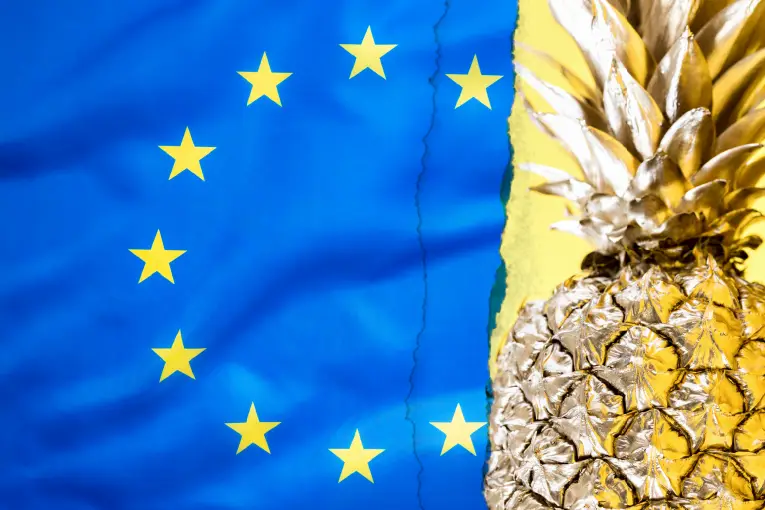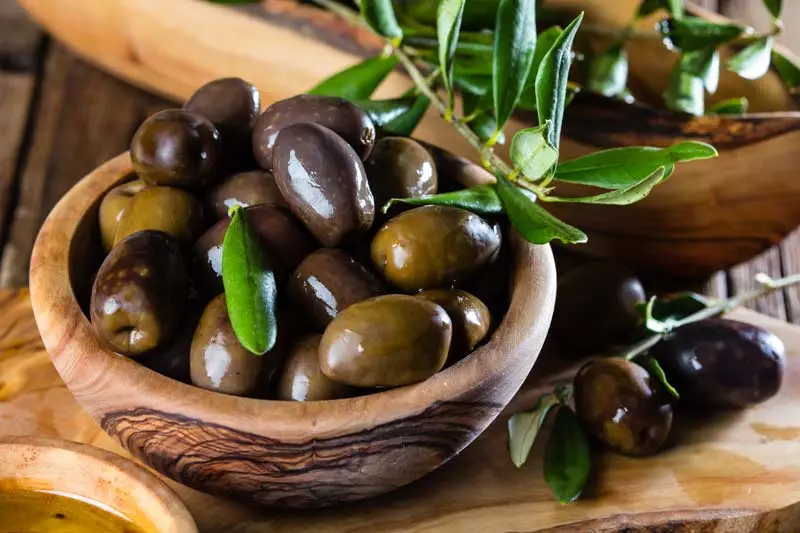The European Union’s decision to impose sanctions on a number of countries, namely Russia, will undoubtedly have a negative impact on the worldwide economy according to experts. The move could also hinder progress on food exports, as Russia is a major market for EU producers. Food exports are likely to be hit particularly hard by the sanctions.
European Union diplomats on Wednesday agreed on a new round of sanctions against Moscow for invading Ukraine, including a ban on importing gold from Russia and freezing the assets of the country’s top lender. Russia is the EU’s second-biggest market for food and drink, after the US. Last year, the EU exported €11.3 billion (US$14.8 billion) worth of food and drink to Russia, including €1.6 billion (US$2.1 billion) of cheese and €1.2 billion (US$1.6 billion) of meat.
In addition to the EU’s own economic interests, it is the sanctions that impede progress on food exports that are particularly worrisome. The EU is one of the world’s largest food importers, and the new sanctions will make it more difficult for EU companies to do business with their counterparts in the affected countries. This will ultimately lead to higher prices for food products in the EU, and will likely put a strain on relations between the EU and its trading partners. While their intentions may be noble, many claim that it is important to consider the unintended consequences of its actions.



